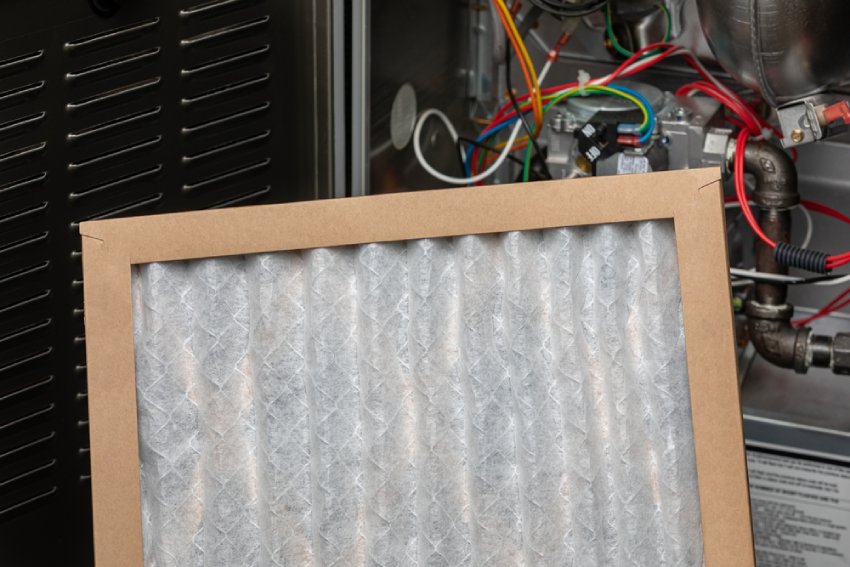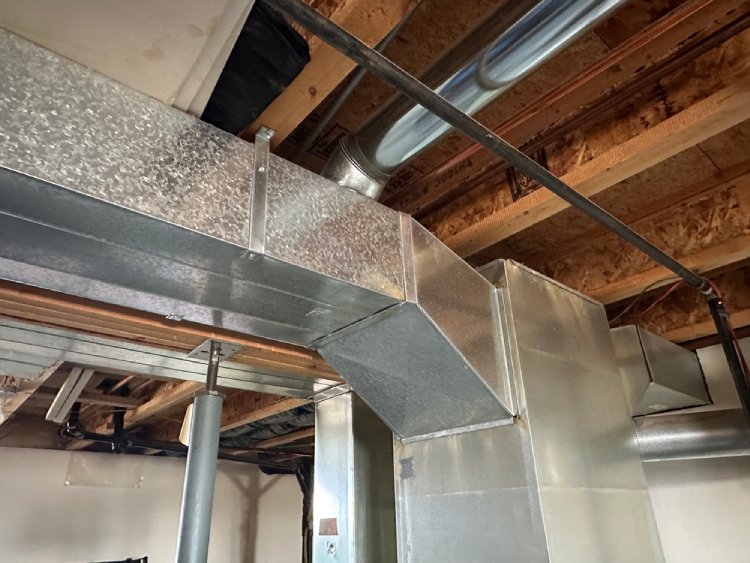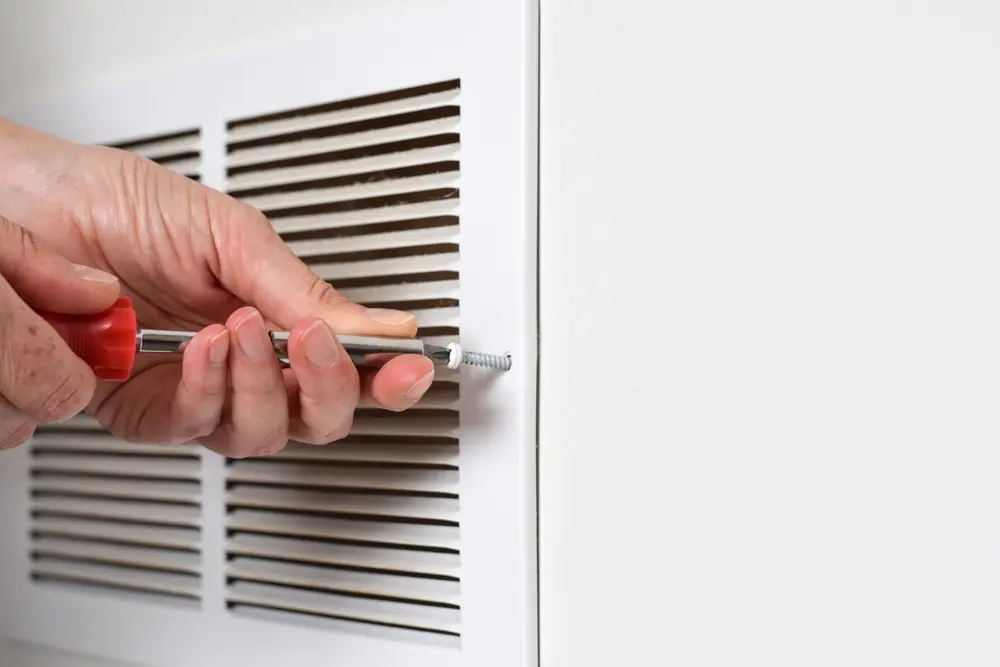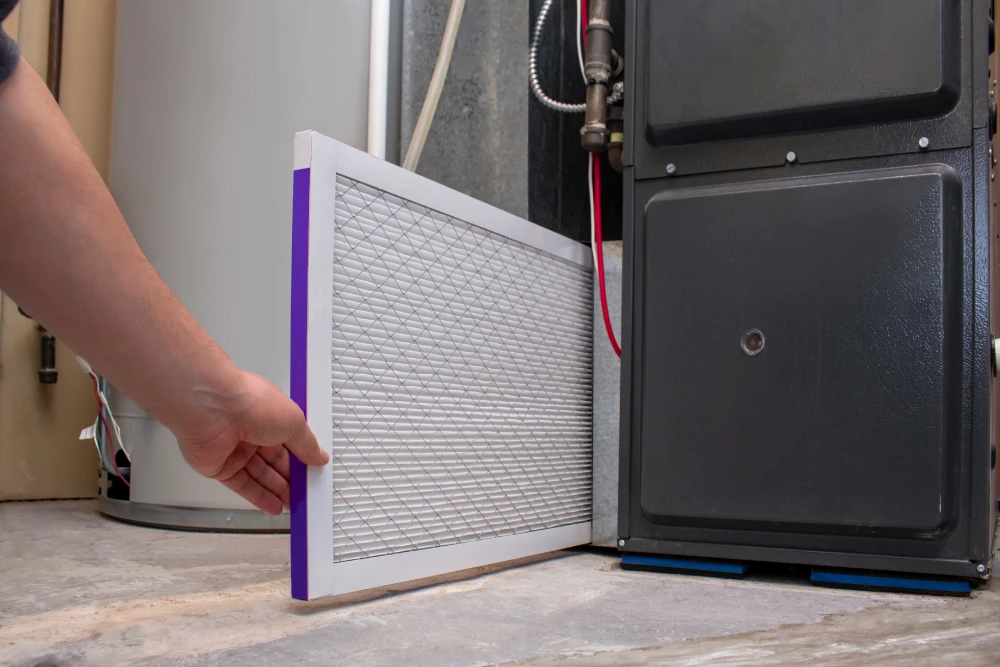TLDR: Why Your Furnace Is Making Noise
- A furnace humming or buzzing can signal electrical or mechanical issues
- Common causes include a faulty transformer, loose parts, or dirty components
- If your furnace is making a buzzing noise, don’t ignore it—professional repair may be needed to avoid damage or safety risks.
If your furnace is making a buzzing noise, you’re probably wondering if it’s normal—or if it’s something more serious. Strange sounds coming from your heating system can be unsettling, especially when you’re used to it running quietly in the background.
This guide breaks down six possible reasons why your furnace is making a humming noise, what you can do about it, and whether or not it’s a sign of danger.
1. Furnace Transformer Buzzing
One of the most common culprits of a buzzing furnace is a faulty or aging transformer. The transformer controls voltage in your system and is located inside the control box. Over time, it may begin to vibrate or loosen slightly, resulting in a furnace transformer buzzing sound.
Is a Buzzing Furnace Dangerous in This Case?
Generally, no—but if left unchecked, it could lead to further electrical issues or failure of your heating system components.
2. Loose or Failing Fan Motor
Another major reason your furnace is making a buzzing noise is a problem with the fan motor. The fan is responsible for circulating warm air throughout your home, and if it becomes loose or starts wearing down, it can cause a humming sound that may grow louder over time.
- Buzzing while the furnace starts could point to motor startup issues
- Ongoing humming could indicate motor bearings are wearing out
- Louder or grinding noises may mean the motor needs immediate repair
A faulty fan motor affects system performance and energy efficiency—so don’t ignore it.
3. Electrical Issues and Grounding Problems
Buzzing or humming noises may be related to electrical components, especially if the noise intensifies when the furnace starts or stops. Loose wires, faulty connections, or issues with grounding can all generate vibration or buzzing sound inside the control panel.
If you smell burning or notice flickering lights in the home, shut the system down and call a technician immediately. Electrical issues pose a safety risk and should not be taken lightly.

4. Ductwork Vibrations or Whistling Sounds
Sometimes the noise coming from your furnace isn’t the furnace itself—it’s your air ducts. As air rushes through your system, it can cause metal ducts to expand, contract, or vibrate if they’re not secured properly. This can create a whistling sound, vibration, or even loud booms.
What You Can Do
- Check for loose or sagging ductwork
- Make sure all vents are open and unobstructed
- Add insulation around ducts to minimize vibration
This issue doesn’t mean your furnace is broken, but it can contribute to a noisy furnace experience.
5. Debris or Obstructions Near the Motor
Over time, dirt, dust, and debris can build up near your motor or blower wheel. If foreign objects are close to or touching moving parts, they can generate a buzzing or humming sound.
Routine cleaning during annual furnace maintenance can prevent this problem entirely. Not only does it reduce noise, but it also improves system efficiency and air quality.
6. Faulty Capacitor or Control Board
Your furnace making humming noise may also indicate a bad capacitor—a component that helps start the blower motor—or a failing control board. These parts may emit a low humming sound or clicking when they’re struggling to function properly.
While these sounds might seem minor, they usually signal that a part is close to failing. A technician can test the components and replace them before they cause a full system outage.
Is a Buzzing Furnace Dangerous?
It depends on the cause. While many buzzing or humming sounds are related to worn parts or loose fittings, electrical issues can pose a fire hazard. If you’re ever unsure, it’s best to shut the system down and call a professional.
In summary, a noisy furnace may indicate:
- A failing fan motor
- A vibrating transformer
- Electrical or grounding problems
- Loose or noisy air ducts
- Internal debris or failing components
How to Prevent Furnace Noise in the Future
Routine maintenance is your best defense against strange furnace sounds. During a professional tune-up, a technician can:
- Tighten loose components
- Lubricate moving parts
- Inspect electrical connections
- Clean the blower and fan
- Check ductwork and air filters
If your furnace is making a buzzing noise, don’t wait for it to get worse. At Rick’s Affordable Heating & Cooling, we’re here to inspect, repair, or replace your heating system so you can enjoy a quiet, warm home once again.




